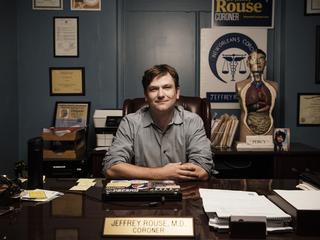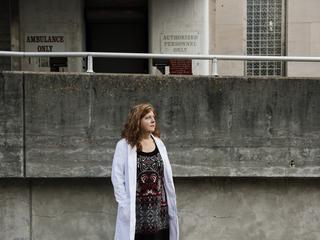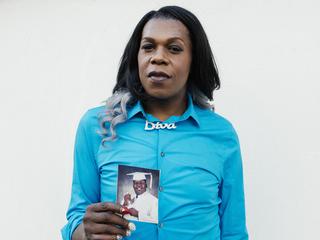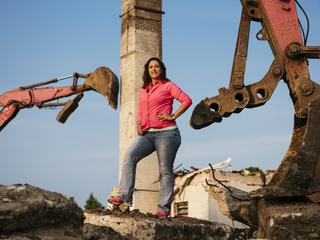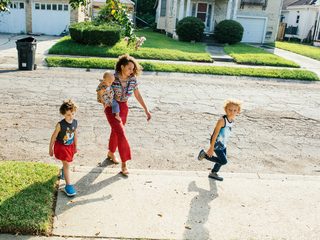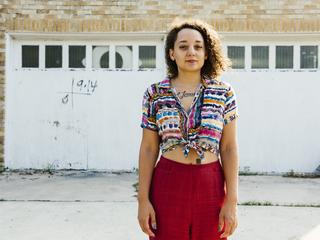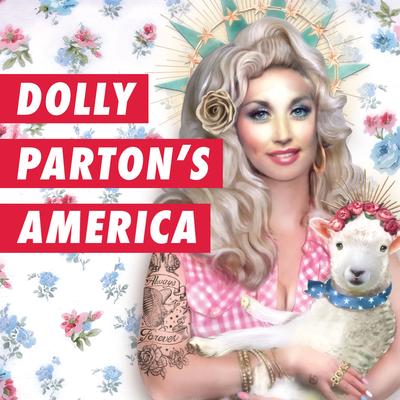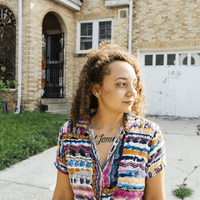
Death, Sex & Money: In New Orleans
As the ten year anniversary of Hurricane Katrina approaches, Death, Sex & Money travels to New Orleans to talk to people about their lives since the storm. Terri Coleman, an instructor at Dillard University, described Katrina as “erasing the world.” Big Freedia, widely credited with popularizing New Orleans bounce music post-Katrina, remembers it as "a survival time." And Simone Bruni, New Orleans' "Demo Diva," called it "a rebirth."
There is no single story of the storm. Instead Hurricane Katrina is a jumping off point, one which leads in many directions, including political office for a newly elected coroner, finalized adoptions in a growing family, and mixed emotions about what’s been lost in the rebuilding.
-
Aug 21, 2015Dr. Jeffrey Rouse is the Orleans Parish coroner—a job he describes as the “interface between law and medicine.” A decade ago, he was preparing for a life in academia, not public office.
-
In New Orleans: A Doctor's Adopted Home
Aug 20, 2015Dr. Kiersta Kurtz-Burke spent Hurricane Katrina inside New Orleans’ Charity Hospital. Now that she's got two kids, she keeps her gas tank full in case they need to evacuate. -
In New Orleans: Big Freedia Bounces Back
Aug 19, 2015Big Freedia is a reality TV star and fixture in New Orleans' bounce scene. But days after Hurricane Katrina, she was sleeping on the street outside of the city's convention center. -
In New Orleans: Becoming the Demo Diva
Aug 18, 2015Simone Bruni started her career in hospitality, and dreamed of eventually being a stay-at-home mom. But when Katrina hit, she was 32 and single. So she started a demolition company. -
Death, Sex & Money: In New Orleans
Aug 17, 2015There's no single story about Hurricane Katrina or life in its aftermath. This special series looks at the storm's impact on five very different New Orleans residents. -
In New Orleans: From Raising Hell to Raising Kids
Aug 17, 2015When Katrina hit, Terri Coleman was a troublemaker—burning cars and getting stoned. She recalls, “The storm allow[ed] my weird adolescent destruction to be socially acceptable.”

